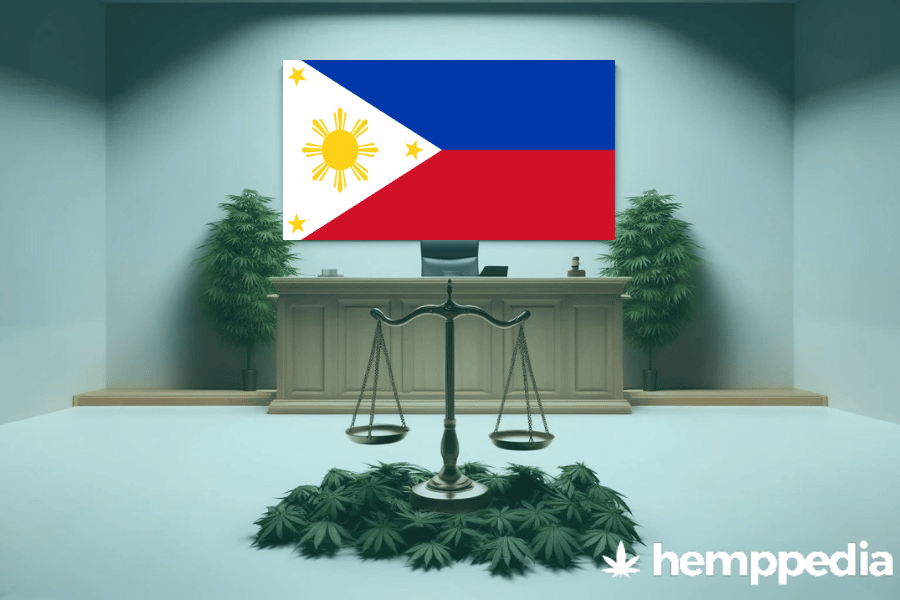Is Cannabis Legal in the Philippines?
TL;DR:
| Recreational Use | Medical Use | |
|---|---|---|
| THC | Illegal | Illegal |
| CBD | Illegal | Illegal |
Introduction
Increasingly cannabis laws are undergoing significant changes around the world. Some are aiming towards legalization and decriminalization, whereas others are enacting stricter controls. Amidst this global trend, it’s crucial to understand the specific legislation surrounding cannabis use in the Philippines.
Overview of Cannabis Legislation
The terms ‘legalization’ and ‘decriminalization’ are frequently used in discussions about cannabis laws. Legalization fundamentally means that using cannabis will not result in legal penalties, while decriminalization suggests that possession or use won’t lead to criminal charges but could still result in fines. Medical use indicates the use of cannabis for health reasons, subject to a doctor’s certification. Recreational use is the consumption of cannabis for personal enjoyment.
It’s important to note that cannabis legislation varies significantly in different parts of the world and even within regions within some countries.
State-Specific Legal Details
Legal Status
Cannabis, be it for medical or recreational use, remains illegal in the Philippines. The Comprehensive Dangerous Act of 2002 prohibits its use. (source: Philippine Government’s Official Gazette)
Historical Context
The Philippines has maintained strict anti-drug laws for decades, and cannabis remains included in these prohibitions.
Possession and Use
Individuals found carrying even small amounts of cannabis may face severe criminal sanctions, including imprisonment.
Cultivation and Distribution
The cultivation and distribution of cannabis are considered criminal acts in the Philippines, with violators facing long prison sentences and substantial fines.
Enforcement and Penalties
The Philippine government routinely enforces its anti-cannabis laws strenuously, and penalties can be severe.
Medical Cannabis
As of current standing, medical cannabis is still not legal in the Philippines.
Social and Economic Impact
The impact of such stringent anti-cannabis laws on Philippine society is heavily debated, with some arguing that they reduce drug-related crimes while others claim they disproportionately affect marginalized communities and clog the judicial system.
Comparative Analysis
In comparison with most western countries, the Philippines has a far stricter regime against cannabis use. From a regional perspective, Southeast Asian nations typically hold strong anti-cannabis stances.
Future Outlook and Ongoing Debates
Currently, the Philippine government shows no signs of shifting its stance on cannabis. However, advocacy groups continue to raise awareness and lobby for change, particularly for the use of medical marijuana.
Conclusion
In conclusion, cannabis, whether for recreational or medical use, remains a prohibited substance in the Philippines. Penalties are severe, extending to life imprisonment in some circumstances. However, changes to cannabis laws remain a hot topic of debate, both locally and globally.





